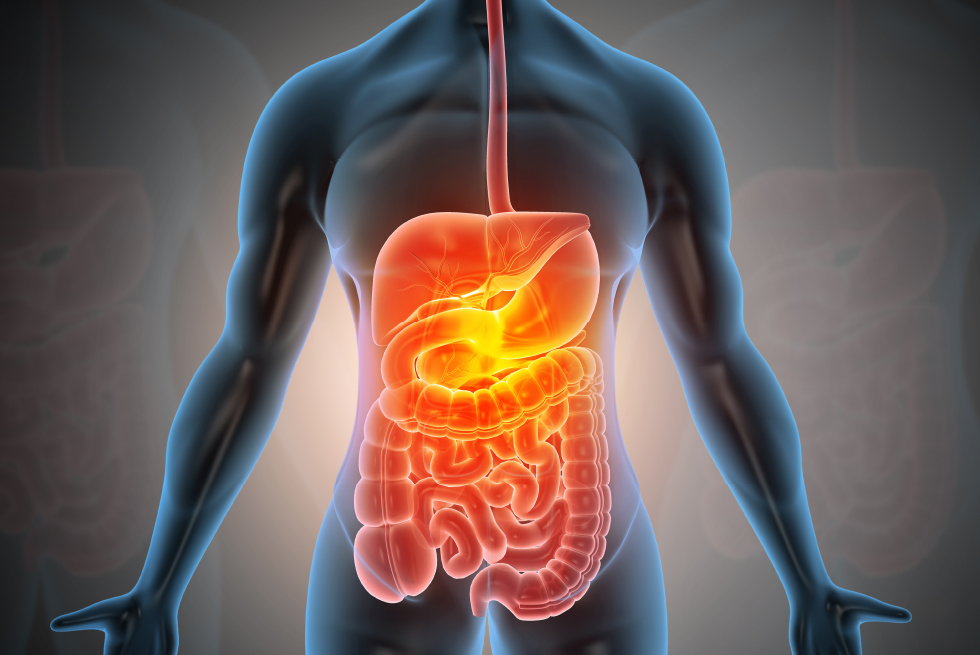What is the relationship between the mind and the body?
Health is a fundamental aspect of our lives. We often focus on keeping our bodies fit, but it is just as important to take care of our mental health. What many people don’t realise is that there is a close relationship between the state of the body and the state of the mind, i.e. the health of our body affects our mental health and vice versa.
When our body is not in optimal condition, it can affect our mental health and other related aspects, such as concentration or memory loss. Bad habits such as chronic fatigue due to lack of sleep, an unbalanced diet or excessive alcohol consumption, among other factors, can negatively affect our mood and our ability to concentrate and make decisions.
On the other hand, our mental health can also affect the state and proper functioning of our bodies. When we are stressed or anxious, our body produces stress hormones, which can affect our immune system and increase the risk of physical illness. In addition, anxiety and stress can also affect our eating habits and the quality of our sleep and rest hours, which can have a negative impact on our physical health.
It is important to understand that stress and anxiety can have noticeable adverse effects on our body and its natural balance. Cortisol, for example, is a hormone that is produced in stressful situations, and can have a negative impact on our immune system. This hormone is produced by the adrenal glands and has a number of effects on the body, including a noticeable impact on our body’s immunity.
Importantly, cortisol acts as a suppressor of the immune system, which means that it can weaken the immune system’s ability to fight infection and disease and reduce the number of active immune cells in the body, such as lymphocytes, which are essential for fighting infection and disease.
The presence of high levels of cortisol in our bodies can reduce the production of antibodies and proteins produced by the immune system that help fight disease and viruses. This means that, if we are exposed to a virus or bacteria, our body may have difficulty producing the necessary amount of antibodies to fight the infection.
In addition, stress and anxiety can also affect our eating habits and sleep. When we are stressed or anxious, it is common to turn to unhealthy foods to relieve emotional distress. Excessive consumption of processed foods, high in fat and sugar, can have a negative impact on our long-term physical health. Lack of sleep can also have an adverse effect on our physical health, including increasing the risk of chronic diseases such as diabetes, obesity and cardiovascular disease.
For these reasons, it is important to pay attention to our mental health and learn to manage stress and anxiety effectively. Introducing sports or other activities such as meditation or yoga into our routine can be very beneficial. It is also important to eat a healthy and balanced diet, although it is sometimes necessary to supplement with vitamins or food supplements such as Plesinox 3A.
Exercising regularly and making sure we get enough rest to keep our physical health in top condition are essential aspects to keep in mind.
In conclusion, our mental and physical health are closely related, and it is important to take care of both to achieve complete wellbeing. Stress and anxiety can have a negative impact on our physical health, but we can take steps to manage them effectively and prevent long-term health problems. Taking care of our mental health is as important as taking care of our physical health, and both are fundamental to living a full and healthy life.
However, sometimes an extra boost to the immune system is needed. For this reason, there are food supplements such as Plesinox 3A, which contains Polypodium leucotomos extract (EPL), vitamin A, vitamin C and selenium. Vitamins A, C and selenium help the immune system to function normally and strengthen the defences.
Do you want more information about Plesinox 3A? Visit our website: www.plesinox3a.com
DIG-2-0229-052023





